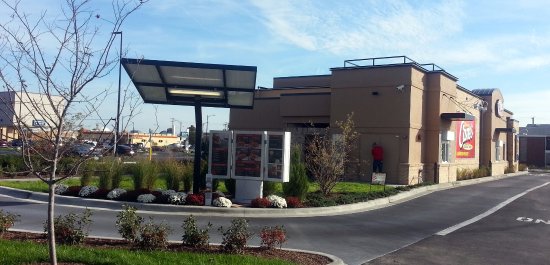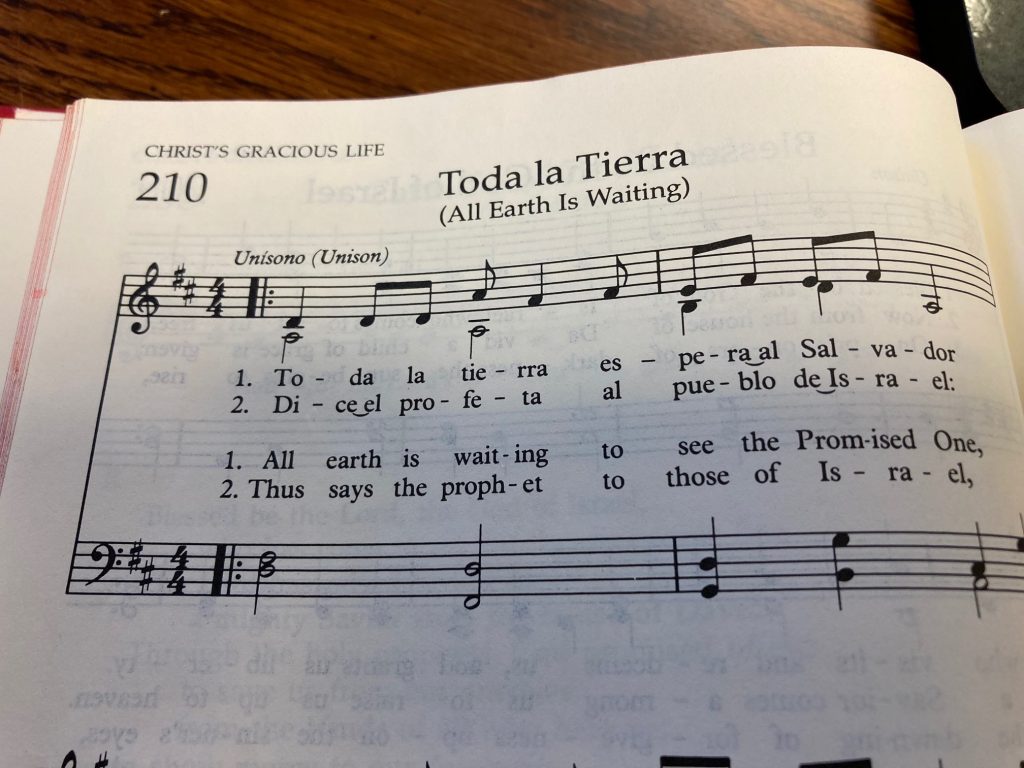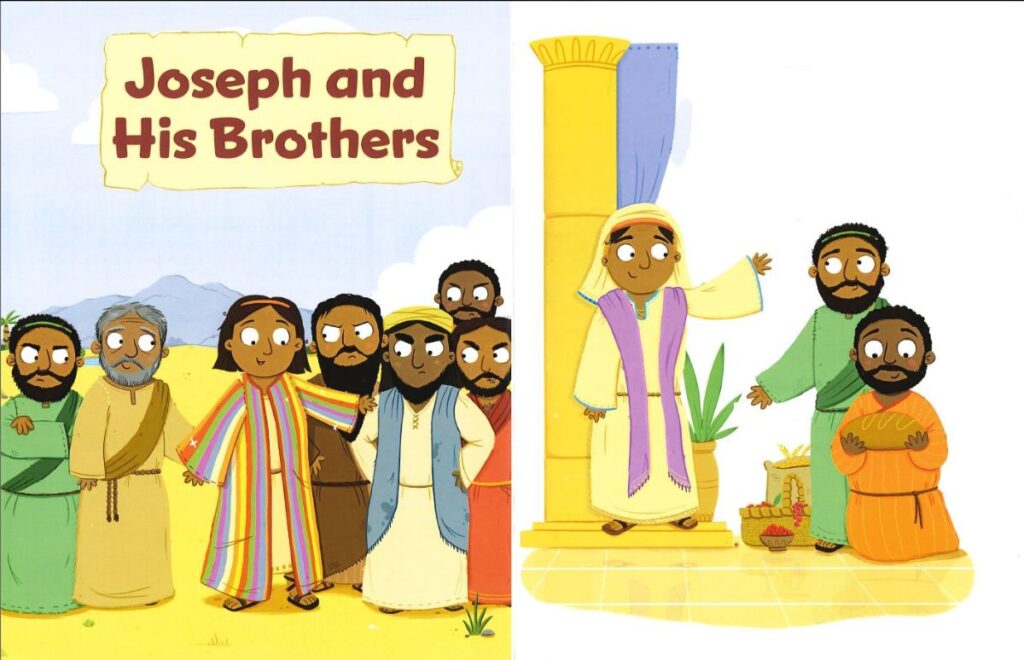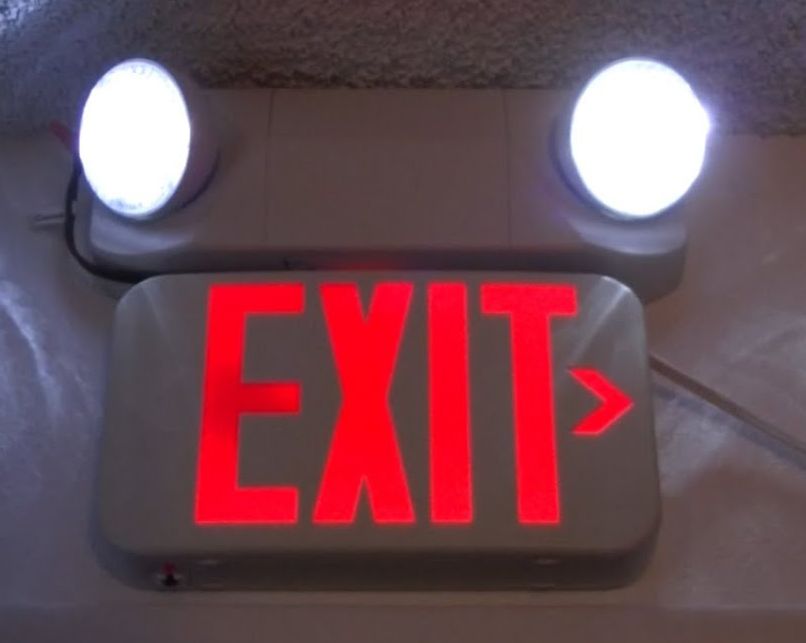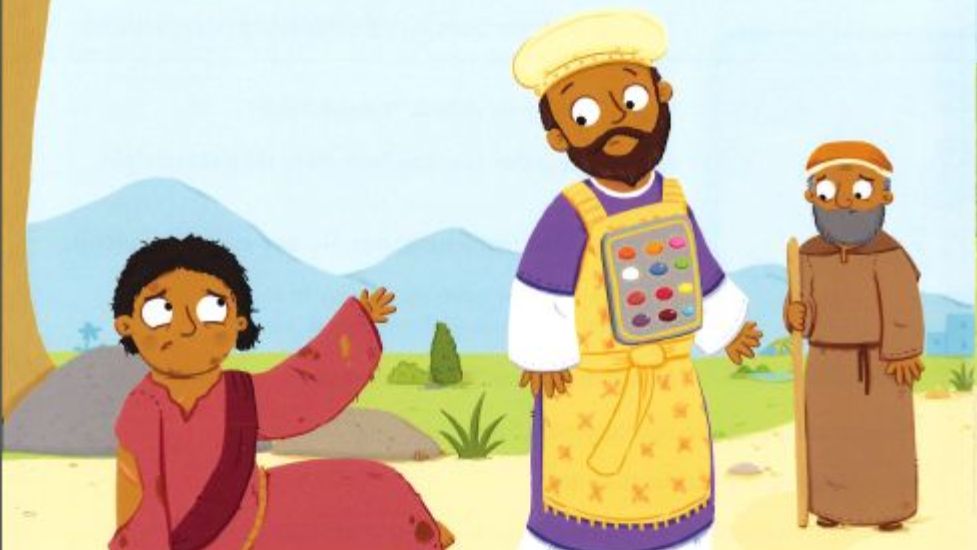
I love our Preschool Chapel curriculum. And it’s rare that I love any curriculum. But the artwork that goes along with it has lots of details. Some I hope the preschoolers notice, like how all the Bible characters are depicted (rightly) as non-White. But there are some details which I know they won’t notice, for instance this week in our Good Samaritan story how the priest is wearing an ephod and breastplate.
I would bet many of you couldn’t say offhand what exactly an ephod is. And I only can because I once wrote a sermon on 1 Samuel 2:18-20, 26 and Colossians 3:12-17 which I was almost brave enough to title “Holy Ephod, Batman.” The ephod was a garment for the priests used in worship, particularly for times of trying to discern the will of God. Its inclusion in this image (which was created for pretty young believers), reminds me that no matter how long we live, no matter how long we walk with God, no matter how closely we study the scriptures… there will always be more detail, more depth, more questions, and more answers, from the God who meets us where we are, and continues to reveal himself to us.

